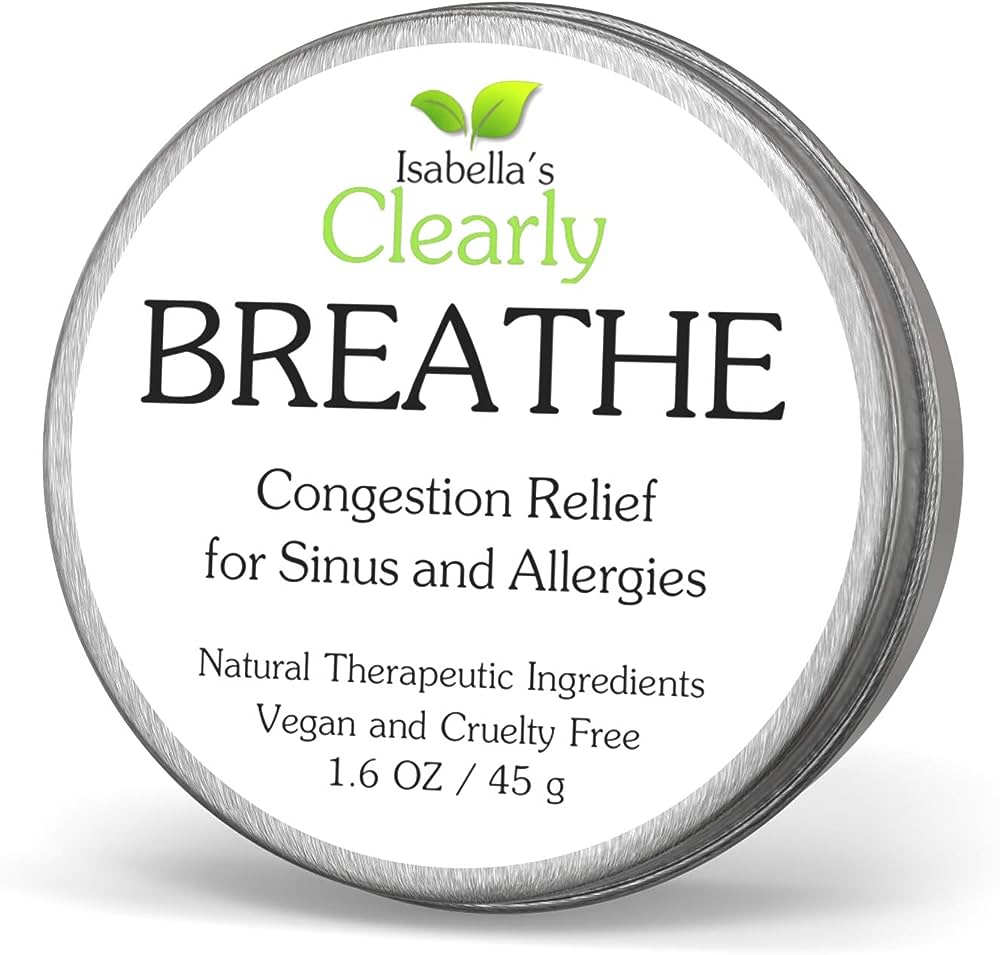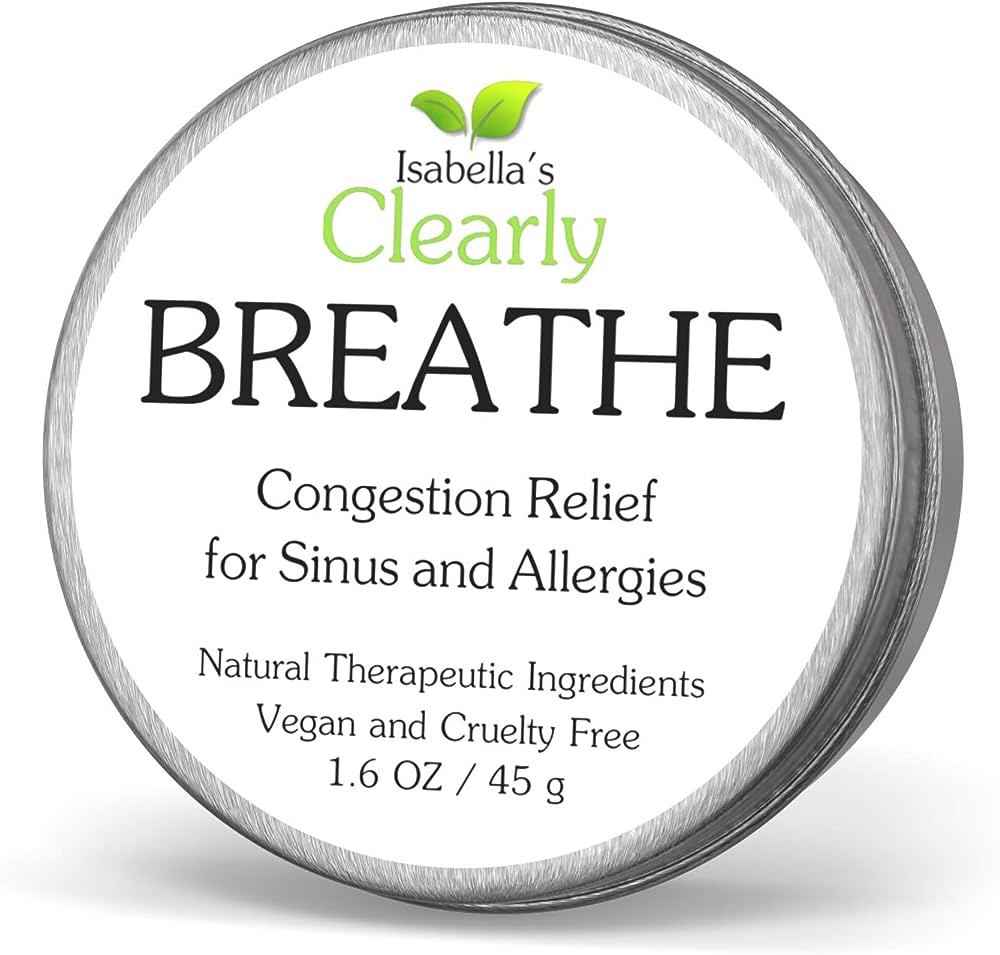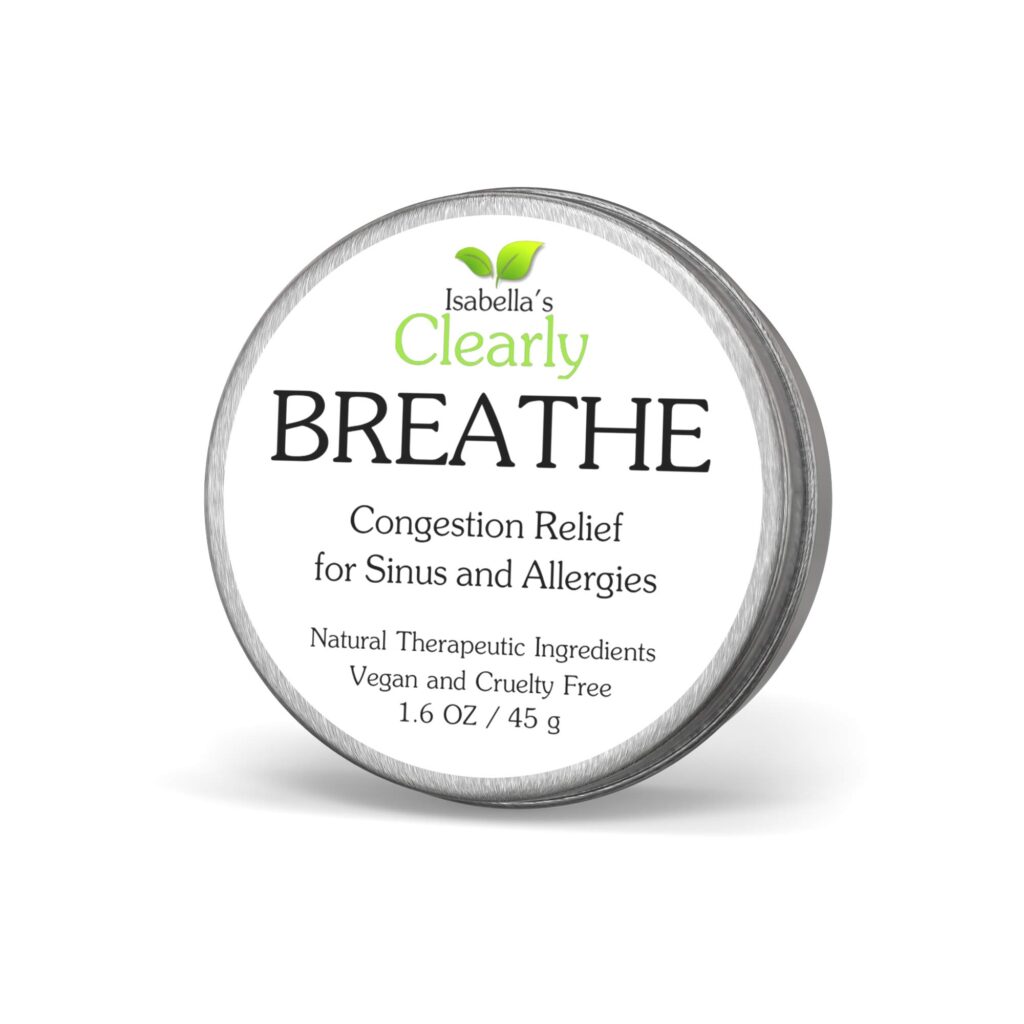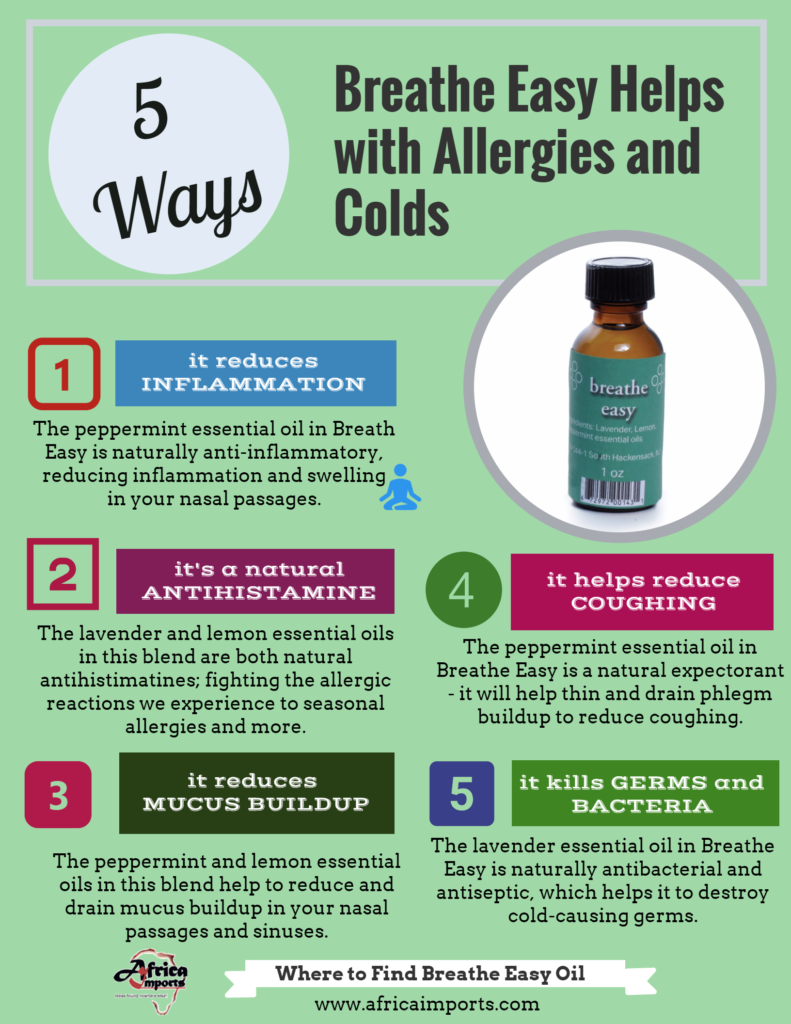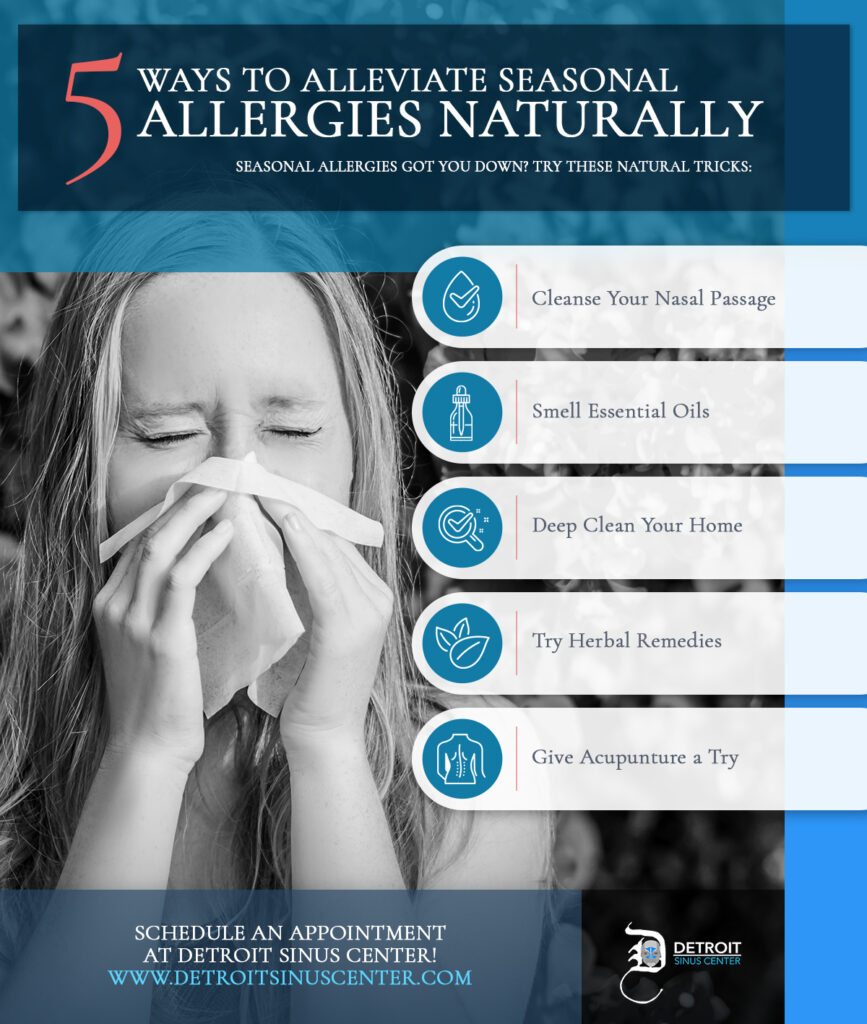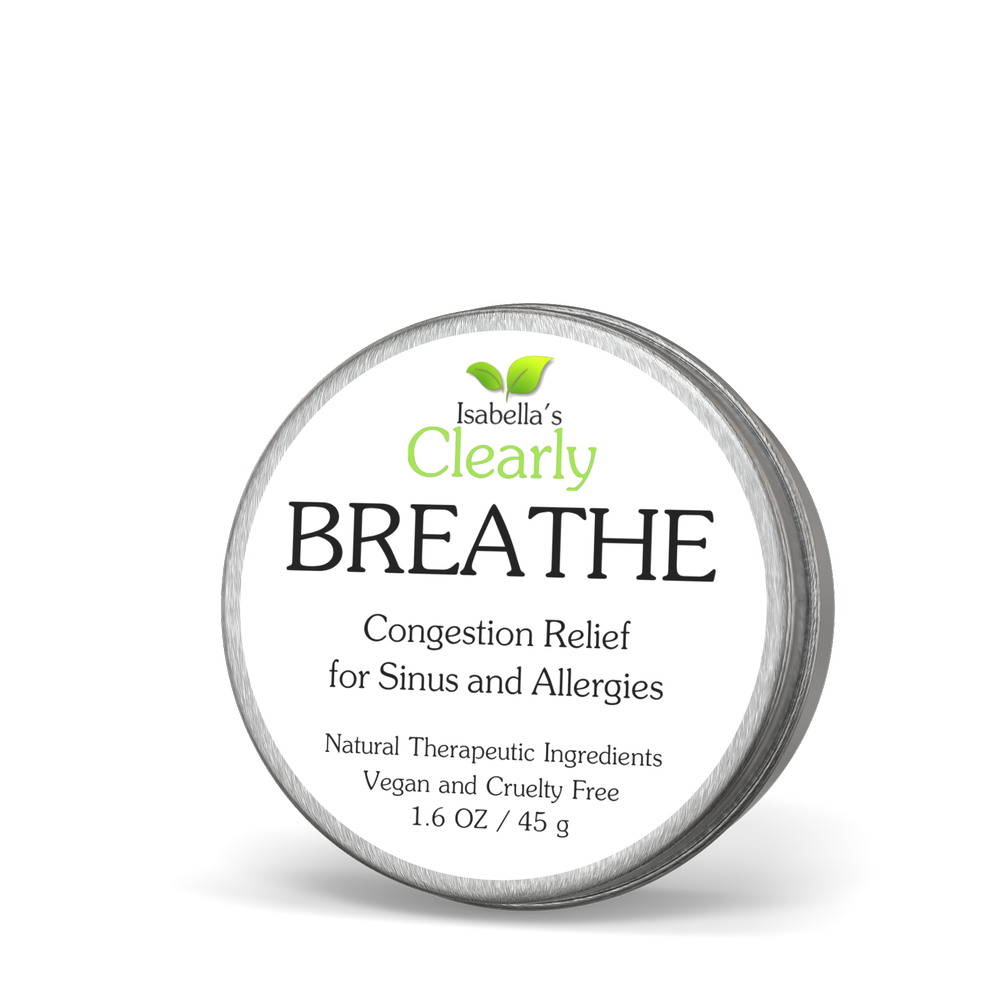Are you tired of suffering from hayfever every spring and summer? The constant sneezing, itchy eyes, and stuffy nose can be so frustrating. But fret not, because there are natural remedies that can help you breathe easy. In this article, we’ll discuss some of the best ways to alleviate the symptoms of hayfever using natural methods. So sit back, relax, and get ready to learn how to find relief from this pesky allergy.
When it comes to hayfever, there are several natural remedies that can provide relief. One of the most popular options is using local honey. The theory behind this remedy is that consuming honey produced by bees in your area can help desensitize your body to the allergens in the air. Simply take a teaspoon of local honey every day, and over time, you may notice a decrease in your hayfever symptoms. Another natural remedy to try is acupuncture. This traditional Chinese medicine technique involves inserting thin needles into specific points on your body to promote balance and relieve symptoms. Many hayfever sufferers have reported a reduction in symptoms after a few acupuncture sessions. These are just a few examples of the natural remedies we’ll be exploring in this article. So keep reading to discover more ways to breathe easy during hayfever season.
Understanding Hayfever
Hayfever, also known as allergic rhinitis, is a common condition that affects millions of people around the world. It is an allergic reaction triggered by allergens such as pollen, dust mites, and pet dander. When these allergens come into contact with the lining of your nose, eyes, and throat, it causes inflammation and leads to a range of uncomfortable symptoms.
What is Hayfever?
Hayfever is an allergic reaction that occurs when your immune system responds to allergens in the environment, specifically pollen from grass, trees, and weeds. Common symptoms of hayfever include sneezing, itching, watery eyes, congestion, and a runny nose. It can also cause fatigue, irritability, and difficulty concentrating, which can significantly impact your quality of life.
Causes of Hayfever
Hayfever is primarily caused by allergens, specifically pollen from plants. When pollen is inhaled, it triggers an immune response in individuals who are sensitive to it. This immune response releases chemicals such as histamine, which causes the characteristic symptoms of hayfever. Other common allergens that can trigger hayfever symptoms include dust mites, pet dander, and mold spores.
Symptoms of Hayfever
Hayfever can cause a wide range of uncomfortable symptoms that can significantly impact your daily life. These symptoms may vary from person to person and can include:
- Sneezing
- Itchy and watery eyes
- Runny nose
- Congestion
- Sinus pressure
- Coughing
- Fatigue
If you experience these symptoms during specific seasons or when exposed to certain allergens, it is likely that you have hayfever. Fortunately, there are several natural remedies and lifestyle changes that can help alleviate these symptoms and provide relief.
Prevention of Hayfever
While it may not be possible to completely prevent hayfever, taking certain precautions can help minimize your exposure to allergens and reduce the severity of your symptoms.
Identifying Triggers
One of the first steps in preventing hayfever symptoms is identifying the specific triggers that affect you. Keep a record of when your symptoms occur and what may have triggered them. This can help you identify patterns and determine which allergens are causing your symptoms. Common triggers include specific types of pollen, dust mites, and pet dander.
Avoiding Triggers
Once you have identified your triggers, take steps to avoid or minimize your exposure to them. This may include:
- Checking daily pollen forecasts and staying indoors on high pollen count days
- Using air purifiers and regularly cleaning your home to reduce dust mites
- Keeping windows closed during peak pollen times
- Removing carpets and replacing them with hardwood or tile flooring to reduce dust accumulation
- Taking precautions when around pets, such as keeping them out of your bedroom and regularly washing their bedding
Maintaining a Clean Environment
Keeping your environment clean can help reduce your exposure to allergens and prevent hayfever symptoms. Regularly dusting, vacuuming, and washing bedding can help remove allergens from your home. Additionally, using hypoallergenic pillowcases and mattress covers can help create a barrier between you and potential allergens.
Natural Remedies for Hayfever
If you’re looking for natural remedies to alleviate hayfever symptoms, there are several options available. While these remedies may not completely eliminate your symptoms, they can provide significant relief.
Local Honey
Local honey is often touted as a natural remedy for hayfever due to its potential immune-boosting properties. The theory is that consuming small amounts of local honey, which contains traces of local pollen, may help desensitize your body to the allergens and reduce symptoms. However, scientific evidence supporting this claim is limited, and more research is needed.
Quercetin-rich Foods
Quercetin is a natural compound found in certain foods, such as onions, citrus fruits, and berries. It has anti-inflammatory properties and may help reduce the release of histamine, which can alleviate hayfever symptoms. Incorporating quercetin-rich foods into your diet may provide some relief, but it is important to consult with a healthcare professional before making any significant dietary changes.
Butterbur Extract
Butterbur is a herb that has been used for centuries in traditional medicine for its potential anti-inflammatory and antihistamine properties. Some studies suggest that butterbur extract may help reduce hayfever symptoms, including sneezing, itching, and congestion. However, it is crucial to choose a standardized butterbur extract that is free of a compound called pyrrolizidine alkaloids, which can be toxic to the liver.
Using Essential Oils
Essential oils have gained popularity as natural remedies for various health conditions, including hayfever. While they can provide temporary relief, it is important to use them safely and responsibly.
Lavender Oil
Lavender oil is known for its calming properties and may help alleviate stress and promote relaxation. Inhaling lavender oil can provide temporary relief from hayfever symptoms such as congestion and sinus pressure. You can add a few drops of lavender oil to a diffuser or inhale directly from the bottle for quick relief.
Peppermint Oil
Peppermint oil has a cooling sensation and can help relieve nasal congestion and headaches associated with hayfever. Dilute a few drops of peppermint oil in a carrier oil, such as coconut oil, and apply it to your temples and sinus areas for relief. Be cautious not to apply it near your eyes, as it can cause irritation.
Eucalyptus Oil
Eucalyptus oil is known for its decongestant properties and can help open up your airways. You can add a few drops of eucalyptus oil to hot water and inhale the steam for relief from hayfever symptoms. It is important to remember that essential oils are highly concentrated and should be used sparingly and with caution.
Herbal Teas for Hayfever Relief
herbal teas have been used for centuries for their medicinal properties. Some herbal teas may help reduce hayfever symptoms and provide relief.
Chamomile Tea
Chamomile tea has anti-inflammatory properties and may help alleviate hayfever symptoms such as congestion and itching. Its calming effects can also help reduce stress, which can worsen hayfever symptoms. Brew a cup of chamomile tea and sip it throughout the day for relief.
Nettle Tea
Nettle tea is believed to have antihistamine properties and may help reduce the release of histamine responsible for hayfever symptoms. Steep a teaspoon of dried nettle leaves in hot water for 10 minutes, strain, and drink it as needed. It is important to note that nettle tea may interact with certain medications, so consult with a healthcare professional before using it as a remedy.
Elderflower Tea
Elderflower tea has been traditionally used to alleviate symptoms of respiratory conditions, including hayfever. It may help reduce nasal congestion, sneezing, and itching. Steep a teaspoon of dried elderflower in hot water for 10 minutes, strain, and enjoy a cup of elderflower tea as needed.
Acupuncture and Acupressure
Traditional Chinese practices such as acupuncture and acupressure have been used for centuries to treat various ailments, including hayfever.
Benefits of Acupuncture
Acupuncture involves the insertion of thin needles into specific points on the body to promote healing and balance energy. Some studies suggest that acupuncture may help reduce hayfever symptoms by modulating the immune response and reducing inflammation. It is important to seek acupuncture from a trained and licensed practitioner for safe and effective treatment.
Acupressure Points for Hayfever Relief
Acupressure involves applying pressure to specific points on the body to alleviate symptoms. Some acupressure points that may provide relief from hayfever symptoms include:
- LI20 (Yingxiang): Located on either side of the nose, on the groove where the nose meets the cheekbone. Apply gentle pressure for 30 seconds to relieve nasal congestion.
- LI4 (Hegu): Located in the webbing between the thumb and index finger. Apply firm pressure for 30 seconds to reduce sneezing and headaches.
- LV3 (Taichong): Located on the top of the foot, between the big toe and the second toe. Apply pressure in a circular motion for 30 seconds to alleviate congestion and sinus pressure.
Managing Stress and Hayfever
Stress can worsen hayfever symptoms and make them more difficult to manage. Finding effective stress management techniques can help alleviate the impact of stress on your hayfever symptoms.
Stress and Its Impact on Hayfever
Stress can weaken your immune system and increase inflammation in your body, making hayfever symptoms more severe. It can also trigger an overactive response from your immune system, leading to increased histamine production and heightened allergic reactions. Learning to manage stress effectively can help reduce the impact it has on your hayfever symptoms.
Stress Management Techniques
Implementing stress management techniques can help reduce the impact of stress on your hayfever symptoms. Some effective stress management techniques include:
- Meditation and deep breathing exercises to promote relaxation and reduce stress levels.
- Regular exercise to release endorphins and reduce overall stress levels.
- Getting enough sleep to support your body’s immune system and reduce stress.
- Engaging in hobbies and activities that you enjoy to relieve stress and promote overall well-being.
- Seeking support from friends, family, or a therapist to help manage stress and cope with hayfever symptoms.
Dietary Changes for Hayfever Relief
Certain dietary changes may help reduce inflammation in your body and alleviate hayfever symptoms. Incorporating anti-inflammatory foods, omega-3 fatty acids, and vitamin C-rich foods into your diet may provide relief.
Anti-inflammatory Foods
Incorporating anti-inflammatory foods into your diet can help reduce inflammation in your body and potentially alleviate hayfever symptoms. Some anti-inflammatory foods include:
- Fatty fish, such as salmon and mackerel, that are rich in omega-3 fatty acids.
- Leafy greens, such as spinach and kale, that are packed with vitamins and antioxidants.
- Berries, which are high in antioxidants and may help reduce inflammation.
- Turmeric, a spice known for its anti-inflammatory properties.
Omega-3 Fatty Acids
Omega-3 fatty acids have been shown to have anti-inflammatory properties and may help reduce the severity of hayfever symptoms. Incorporate foods rich in omega-3 fatty acids, such as fatty fish, flaxseeds, and chia seeds, into your diet to potentially alleviate inflammation and boost your immune system.
Vitamin C-rich Foods
Vitamin C is a powerful antioxidant that may help reduce allergy symptoms by stabilizing mast cells and reducing histamine production. Incorporate vitamin C-rich foods, such as citrus fruits, strawberries, and bell peppers, into your diet to potentially alleviate hayfever symptoms.
Alternative Therapies for Hayfever
In addition to the natural remedies mentioned, there are several alternative therapies that may provide relief from hayfever symptoms.
Homeopathy
Homeopathy is a holistic system of medicine that uses highly diluted substances to stimulate the body’s natural healing process. Homeopathic remedies for hayfever are individually tailored to the person’s symptoms and may include substances such as Allium cepa, Euphrasia, and Sabadilla. It is important to consult with a qualified homeopathic practitioner for proper diagnosis and treatment.
Ayurvedic Medicine
Ayurvedic medicine, an ancient Indian system of medicine, offers various herbal remedies and lifestyle practices to alleviate hayfever symptoms. Common herbs used in Ayurvedic medicine for hayfever include holy basil, turmeric, and licorice root. Ayurvedic practitioners will personalize treatment recommendations based on your specific symptoms and constitution.
Traditional Chinese Medicine
Traditional Chinese Medicine (TCM) offers a holistic approach to treating hayfever by addressing the underlying imbalances in the body. TCM treatments may include acupuncture, herbal formulas, and dietary recommendations. Chinese herbs commonly used for hayfever include magnolia flower, xanthium, and schisandra.
Conclusion
Hayfever can significantly impact your quality of life, but there are several natural remedies and lifestyle changes that can help alleviate symptoms and provide relief. Identifying and avoiding allergens, incorporating natural remedies such as local honey, herbal teas, and essential oils, and managing stress through techniques like meditation and exercise can all contribute to reducing the severity of hayfever symptoms. Additionally, alternative therapies like acupuncture, homeopathy, and Ayurvedic medicine may offer additional support. By adopting these natural remedies and making positive changes in your daily routine, you can breathe easy and enjoy the outdoors without the discomfort of hayfever.
